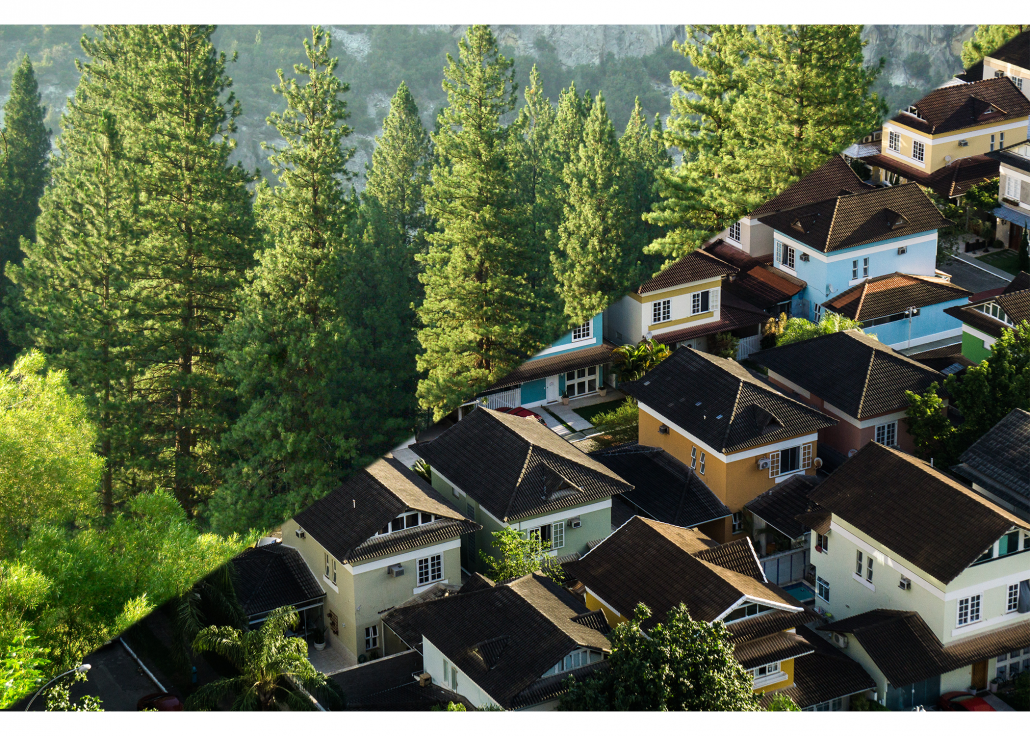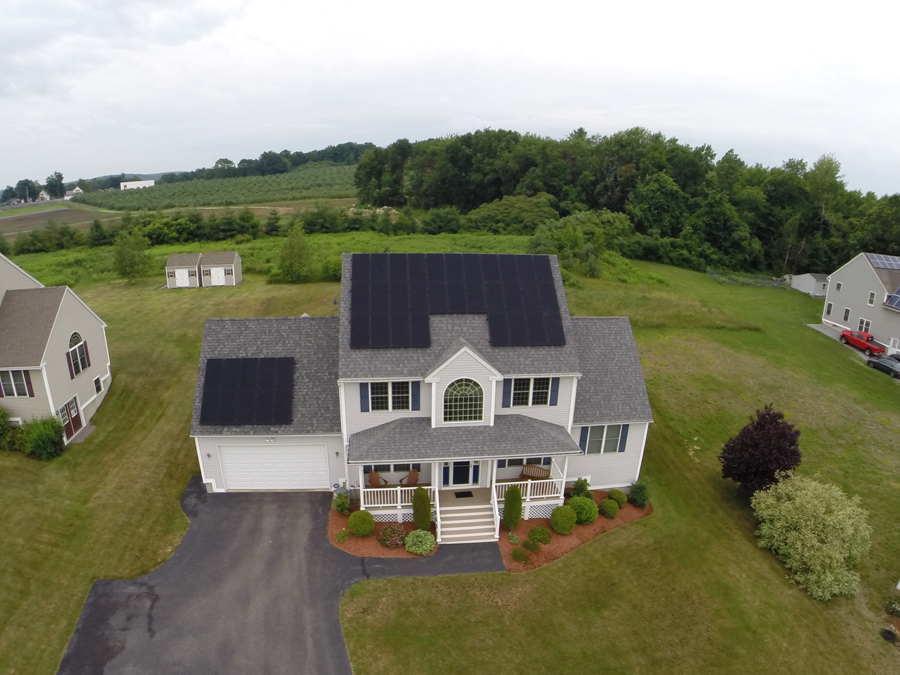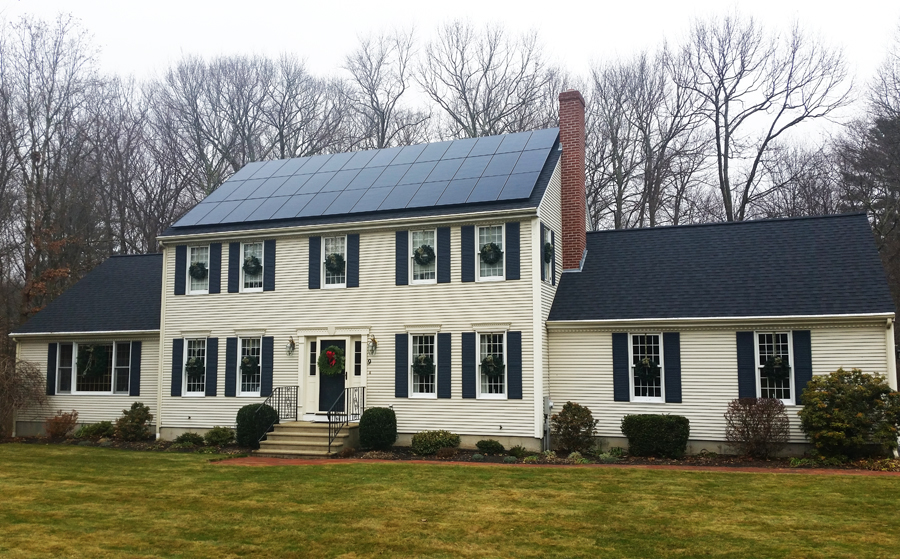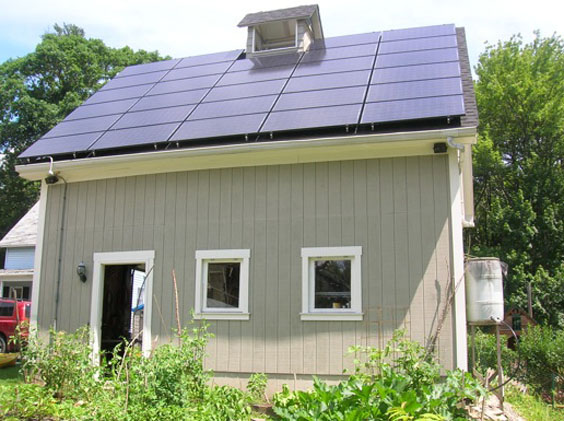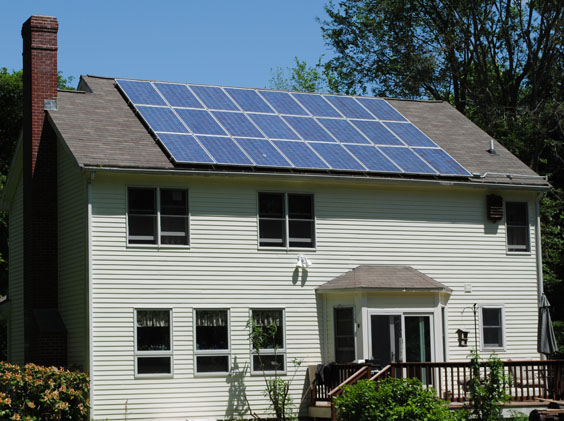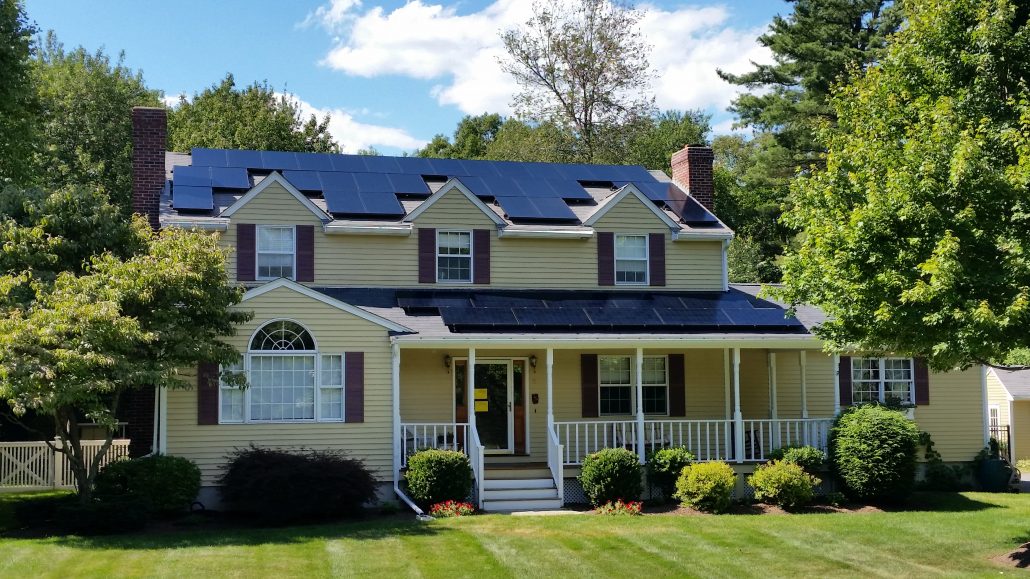Trees vs. Solar Panels
As more states are adopting renewable energy standards and continuing to expand solar power, the tree debate often comes up. Is it worth it to cut down a tree to install a solar panel? What about acres worth of trees to build a solar array? Unfortunately, there is no simple answer to these questions. Both saving trees and installing solar panels have their own advantages and disadvantages.
The Debate
The tree debate has recently been brought to light in Rhode Island, after governor Gina Raimondo passed an executive order back in 2017. This order required 1000 MW of renewable energy installations in the state by 2020. She then passed another order shortly after, requiring 100% renewable energy by 2030. However, these orders did not specify where these new renewable energy installations should be located. Because of this, many developers have proposed plans to build renewable energy sites on forested land.
For example, Nimali Power proposed building a 1.3 MW solar array in Portsmouth. They are receiving considerable pushback from the town because this would require cutting down a lot of trees. Residents are concerned about a potential effects of this such as increased runoff, contaminated water supply, and decreased carbon sequestration.
All of these effects can be caused by cutting down trees in an area. This is because when removing a tree, you also remove the roots of these trees that held the soil in place. Without roots to hold it in place, the soil composition changes and weakens. It is therefore easier for rain to wash soil away, which erodes the land surface. This soil can also seep into the groundwater supply and worsen drinking water quality. Rightfully so, residents of Newport, Portsmouth, and Middletown are all worried about how this proposed solar panel array could affect their water supply. You can read more about this specific case in this article.
Environmentalist Point of View
In general, many environmentalists are opposed to cutting down trees to build a solar array just on the principle of destroying wildlife and ecosystems. They also argue that trees sequester a significant amount of carbon, so cutting them down would be bad for carbon dioxide levels. However, it is generally accepted cutting down a few trees to install solar panels is worth it. Overall, more carbon dioxide emissions are avoided due to the clean energy from solar panels than the amount of carbon dioxide that trees would sequester over the lifetime of a solar panel. Here is one source with estimates of these numbers.
For this reason, it is okay to cut down a few trees in your yard to install solar panels on your roof. Often times there is a tree or branch that would cause significant shading and reduced production from solar panels at a home. Customers worry that cutting down this tree will harm the environment. But, the benefits of a fully functioning solar panel system outweigh the harm done from cutting down one tree.
However, as mentioned previously, the decision is not as easy for cutting down a whole field worth of trees. Cutting down multiple trees can affect ecosystems, habitats, soil health, and watershed health. These affects are much harder to quantify.
Alternative Solutions
There are many alternatives to cutting down trees in order to increase solar power capacity. These include building on unused land such as abandoned landfills, parking lots, and brownfields. Rhode Island recently renewed an incentive to build solar on brownfields, which is a step in the right direction. Unfortunately, cutting down trees is much cheaper than implementing these creative solutions.
Another simpler solution to the tree debate is to put solar panels on as many rooftops as possible! We have all the houses we need, so putting solar panels on roofs does not require as many extra resources as building on things like brownfields or landfills. Rooftop solar is an important part of the energy transition and will be crucial in meeting state and national renewable energy goals. If you want to be a part of the solution – install solar panels on your home! Contact us with any questions.

